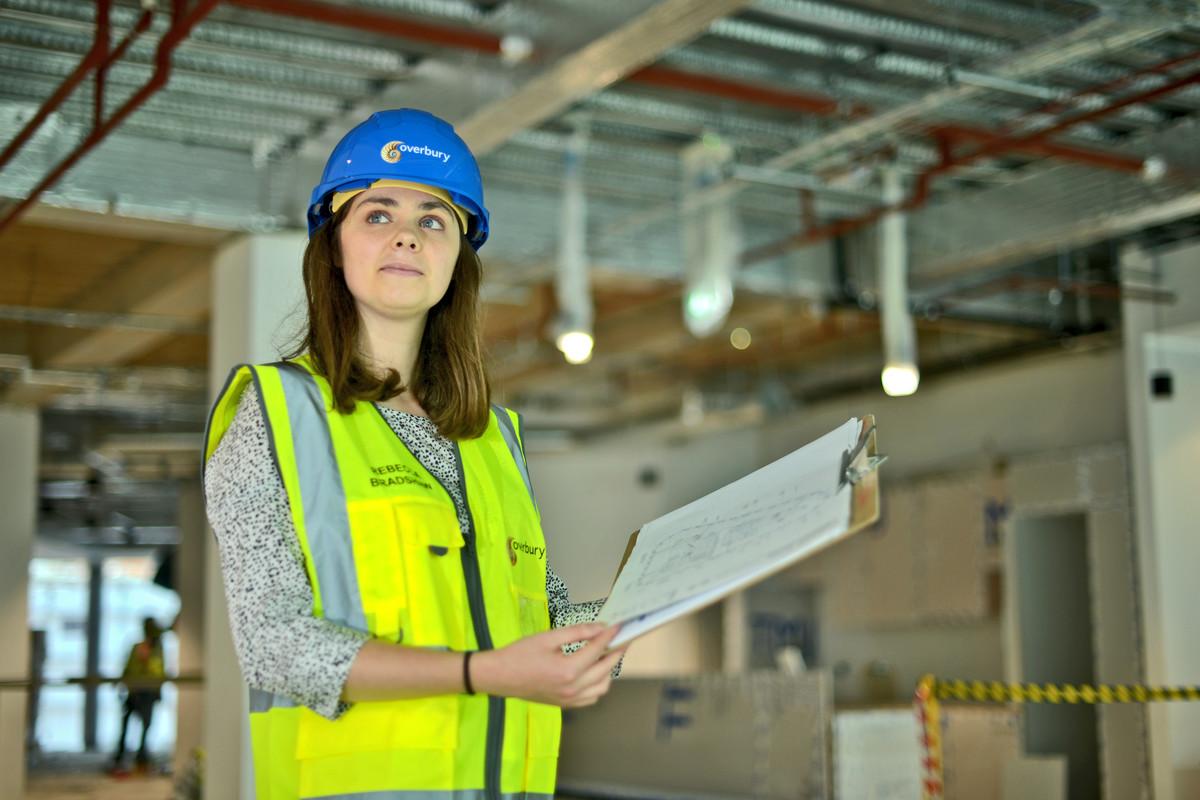
Breaking down barriers to employment
The coronavirus pandemic continues to have a significant impact on the employment prospects and economic inclusion of disabled people. Building on evidence gathered during 2020, our new research shows disabled job seekers continue to be at a significant disadvantage in the current landscape.
The disability employment gap
For over a decade, the disability employment gap has stubbornly remained at around 30%. Based on polling data provided by Savanta ComRes, our latest research illustrates that disabled young adults will absorb the most profound shocks to their employment prospects both now and well into the future due to the pandemic.
Unless targeted action is taken, the coronavirus pandemic poses the genuine risk of embedding the existing structural inequalities in the labour market.
What our research shows
- 69% of disabled adults said that their work had been affected by the pandemic. This rises to 89% of disabled young people (aged 18-25 years old).
- 49% of young disabled people think they would find another job if they became unemployed.
- One in five employers would be less likely to employ someone with a disability.
- Almost two thirds of employers (63%) would support mandatory reporting for businesses with 250+ staff on the number of disabled people they employ.
Jude's story of accessing employment
Jude featured in our 2020 Locked out of the Labour Market report. As a recent graduate, she felt that her disability was contributing to unsuccessful job applications. After a further six months of unemployment, an internship, a move to London, Jude found a permanent role in publishing.
She works three days a week in an office and two days at home, yet the transition to work has not been easy:
"I don't feel safe disclosing my disabilities to my line manager. She has made discriminatory comments about mental health and neurodivergence in front of me. I'm not 'out' as disabled to my team but I did disclose my disabilities to occupational health.
Helping people to find employment is important, but the issue of retention can be forgotten about – how do we help disabled people stay in work?
The switch to remote working has been really positive for a lot of disabled people, including me. I benefit from working from home because it allows me to tailor the environment to my needs. I have more control. I worry about that being taken away. I’m worried that if the situation of the pandemic improves, employees will lose benefits like flexible working and working from home.”
I was put off applying for Access to Work because I have heard about huge delays, and I haven’t figured out whether it would be beneficial for me. I’m also worried that it puts the burden on disabled people to prove disabilities like the benefits system, which is not easy to do when you have invisible disabilities.
What we are calling for
As we rebuild from the pandemic, disabled people must not be left behind. To protect the livelihoods of disabled people and ensure that progress to close the disability employment gap is not lost, we are calling on the UK Government to:
- Provide dedicated employment support for disabled jobseekers by investing in personalised, specialist employment support for disabled people.
- Invest and Promote Access to Work to employers and employees.
- Establish a day one right to flexible working, reasonable adjustments and workplace modifications.
- Introduce mandatory reporting for large employers on their performance in employing disabled people.



